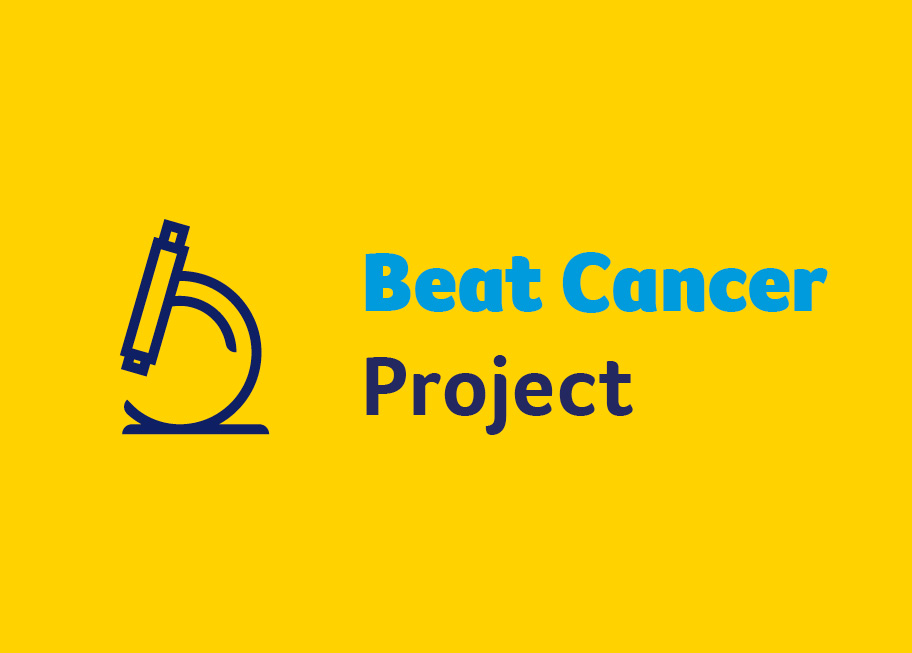
Donor Funding: $1,000,000
Cancer Type: All Cancers
Cancer Stage: All Stages
Funded in: 2018, 2019, 2020, 2021, 2022
Professor Tim Hughes
SAHMRI
As part of the Beat Cancer project 2011-2016 three Professorial positions were funded, one with each of the major universities in South Australia.
Our task is to identify research priorities and competitive advantages for national and international research funding and guide the overall cancer research direction. My position as Cancer Theme leader at the South Australian Health and Medical Research Institute (SAHMRI) is linked to the Cancer Council Beat Cancer professorial chair at the University of Adelaide. This formalises strong linkages between the Cancer Theme at SAHMRI and the University of Adelaide. Within the Cancer Theme at SAHMRI there are several excellent research groups. This includes;
- The leukaemia research group which I run jointly with Professor Deborah White;
- The myeloma research group of Professor Andrew Zannettino;
- The mesenchymal stem cell research group run by Professor Stan Gronthos;
- The prostate cancer group run by Associate Professor Lisa Butler; and
- The gastrointestinal cancer biology group of Dr Dan Worthley.
The Cancer Theme also has collaborative nodes at the Queen Elizabeth Hospital (TQEH) and Flinders Centre for Innovation in Cancer (FCIC) with strong linkages into the research groups of Associate Professor Tim Price, Professor Michael Michael, and Professor David Watson. Through an NHMRC Program grant between myself, Professor Angel Lopez (Joint-Head, Centre for Cancer Biology (CCB), University of SA and SA Pathology) and Professor Michael Parker (St Vincent’s Research Institute) we have an ongoing program linking the CCB with the Cancer Theme at SAHMRI and with our Melbourne partner.
By building these collaborative links we hope to foster the formation of nationally and internationally competitive, multi-disciplinary teams to target major funding opportunities. The Beat Cancer Professors are key facilitators of the Beat Cancer mission to translate research outcomes to health policy, clinical practice and health services in South Australia.
What we aim to achieve
The focus of all of the cancer research groups at SAHMRI is to develop a better understanding of the biology of each cancer to facilitate the development of better diagnostics and improved therapies. There is a strong emphasis on translation into practice – new discoveries resulting in measurable changes in cancer outcomes.
Our next steps and milestones
In our own leukaemia research group the specific emphasis has been on the development of a better understanding of the genetics of acute lymphoblastic leukaemia and chronic myeloid leukaemia. We are exploiting the dramatic advances in genomics over the past 5 years that now enables us to sequence the entire genome for every patient with leukaemia that consents to this research. This is revealing the complexity of genetic mutations that drive the malignant process in these leukaemias. Similar programs exist in the other cancer laboratories.
Next Steps
With the opening of SAHMRI and the planned opening of the new University of Adelaide Medical School and the University of South Australia Research Building incorporating the Centre for Cancer Biology, there is a great opportunity to further strengthen cancer research in South Australia. The potential incorporation of Flinders research groups is being planned as part of the SAHMRI II initiative.
There are many nationally and internationally competitive cancer research groups that will soon be working in close proximity and the challenge will be to maximise the exciting collaboration opportunities presented by the physical co-location of so many excellent research groups in the new North West Precinct. With all of this re-location activity it will be important to maintain a clear vision of the overall cancer research plan, to ensure there is a simultaneous focus on capacity building so that the full potential of the various research groups can be realised.
What motivates me
I am still a practising clinician with a large number of patients, with haematological malignancies, under my care. I have seen the dramatic improvement in outcomes that has been experienced over the past 20 years in many of these disease – but not all.
Given the dramatic impact of targeted therapies in chronic myeloid leukaemia and chronic lymphocytic leukaemia the challenge now is to achieve similar breakthroughs in other malignancies that still have a poor prognosis including most types of acute leukaemia and many of the solid cancers.
My message to supporters
The Beat Cancer Project has been remarkably successful in its first five years. Only the very best research projects have been supported through a process of rigorous peer review. The support for three Beat Cancer Professors has also provided a framework on which to build a collaborative network of cancer groups who both compete for funding and collaborate where there is complimentary expertise, facilities or research models.
One of the strengths of the Beat Cancer project has been the capacity to leverage other funding to amplify the impact of the initial funding. Many of the research grants funded by Beat Cancer have required that researchers identify equal allocations of funds from external sources to match the direct funding from Beat Cancer. When you combine the one to one matching funding from SA Health, it means a four fold leverage – for instance a $100,000 direct contribution from Beat Cancer will result in a total of $400,000 being made available for a cancer research project.
South Australia stands to benefit greatly from an ongoing commitment to Beat Cancer. Gains include:
- the retention and recruitment of the best scientists and clinicians to prevent, diagnose and treat cancer most effectively;
- the establishment and consolidation of multi-disciplinary cancer research groups to tackle the most difficult challenges we confront; and
- translation of research outcomes to health policy, clinical practice and health services in South Australia.